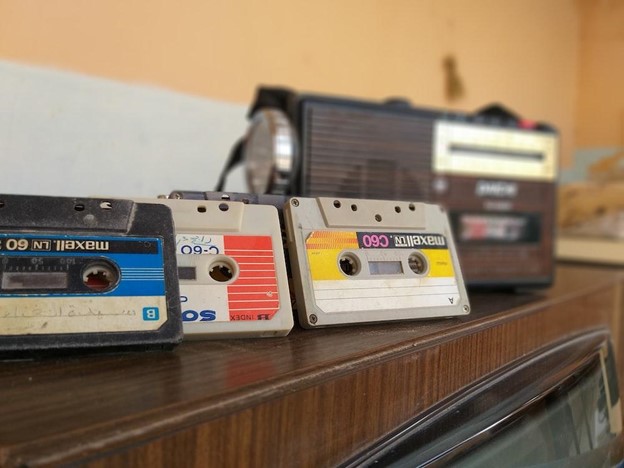
Less than 5% of streams are currently often accounted for by the 200 most popular new tracks. Just three years earlier, the percentage was twice as high. Even more of a slant toward older music can be seen in the mix of tracks that people actually buy. The names of bands from the 20th century, such as The Police and Creedence Clearwater Revival, are frequently found on the list of iTunes’ most downloaded songs at the moment.
Never in history have new songs produced such little cultural impact while still becoming hits. Actually, it appears that the audience is favoring oldies from earlier decades. In the music industry, success has always been transitory; yet, nowadays, even brand-new songs that go on to become genuine hits may go mostly undetected by the general public.
The MRC database only counts songs that have been released within the last 18 months as “new,” thus it’s possible that individuals are listening to more songs that are two years old than ones that are sixty years old. But I doubt that the music on these ancient playlists are from the year prior. Even if they did, the fact that they did would still be a rejection of the pop-culture sector, which is almost totally preoccupied with the present.
Every week, you come across numerous record labels, publicists, band managers, as well as other industry experts looking to hype the newest thing. Their very existence depends on it. Promoting new songs is the foundation of the music industry’s overall business model. You are supposed to act in the same way as radio stations, merchants, DJs, nightclub proprietors, playlist curators, editors, and anybody else with a stake in the business. However, all the data points to a low level of listener interest.
The Growing Disinterest in the Grammys
This trend is highlighted by the Grammy show’s falling TV viewership. 8.8 million people watched the ceremony in 2021, a 53 percent decline from the18.7 million the year before. It received the fewest viewers of any Grammy broadcast in history. About 98 percent of people between the ages of 18 and 49 had something more interesting to do than attend the greatest music event of the year, showing that even the primary fan-base for new music couldn’t be bothered.
Ten years ago, the Grammy Awards were watched by 40 million people. That’s a significant audience, but the event’s ardent supporters are beginning to resemble a little subculture. More people watch the most recent reality TV show or video game streams on Twitch (which now receives 30 million daily visitors). In fact, in 2022 musicians would likely be better off finding employment in Fortnite than securing a record deal. They would at least be able to reach a rising demographic.
Wrapping Up
To sum up, as grim as the picture seems for new music, all is not lost.
At the end of the day, people crave something that sounds fresh and new and exciting. If record labels are unable to satisfy this craving, people will just flock elsewhere for it. Thanks to platforms like TikTok, songs these days go viral before the music industry can even take notice of them.
This is how this story will conclude: not with the slow death of new music, but with the emergence of something radical from an unexpected place.

Eric Dalius is The Executive Chairman of MuzicSwipe. Eric Dalius is also the host of the Weekly podcast program named FULL SPEED. Eric Dalius is also a philanthropist, who has established four scholarships for US based graduate & under grad students.
